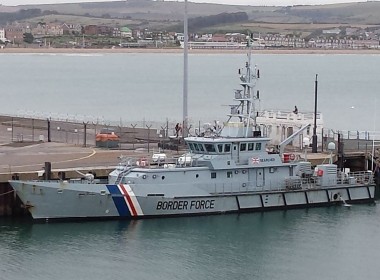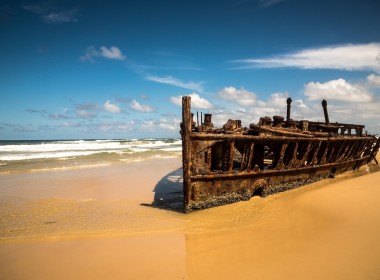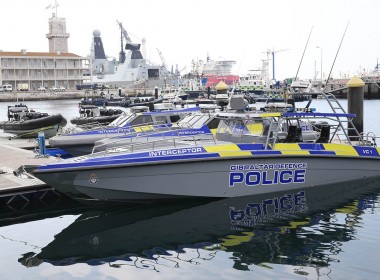FEATURE | Tanker seizure highlights maritime security complexities
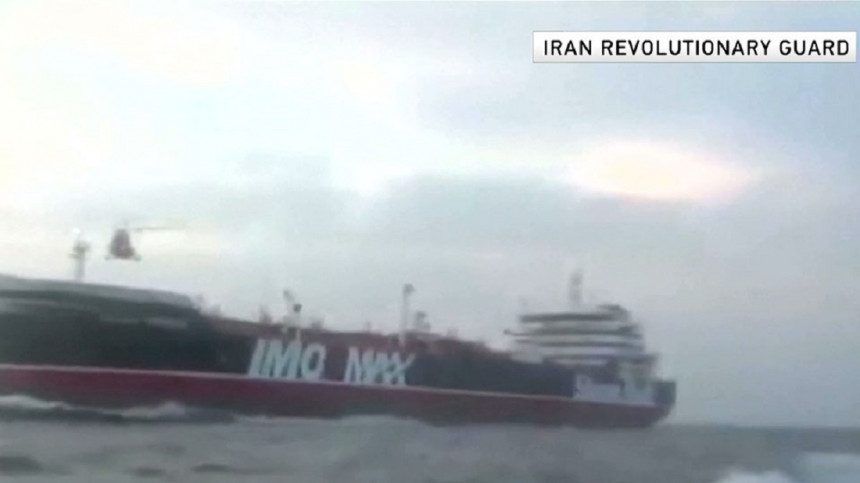
On July 19, Iranian forces conducted a professionally-executed operation to seize the Swedish-owned, UK-flagged, tanker Stena Impero, while it was underway in Omani waters. The ship was then directed to Iranian waters, where it remains at anchor. It seems certain that the seizure was carried out in retaliation for the boarding and detention, in Gibraltar waters on July 4 of the VLCC Grace 1, which is reportedly carrying Iranian crude oil destined for Syria.
Iranian units involved included special forces troopers, who rappelled from an Islamic Revolutionary Guard Corps Aerospace Force Mi-7 helicopter onto the deck of the tanker, and four Islamic Revolutionary Guard Corps Navy (IRGCN) Kuch-class fast attack craft. Early reports, that an Islamic Republic of Iran Navy frigate might also have been deployed, have not been confirmed.
The British Royal Navy frigate Montrose detected the attack in progress, and broadcast warnings, but was too far away to be able to intervene.
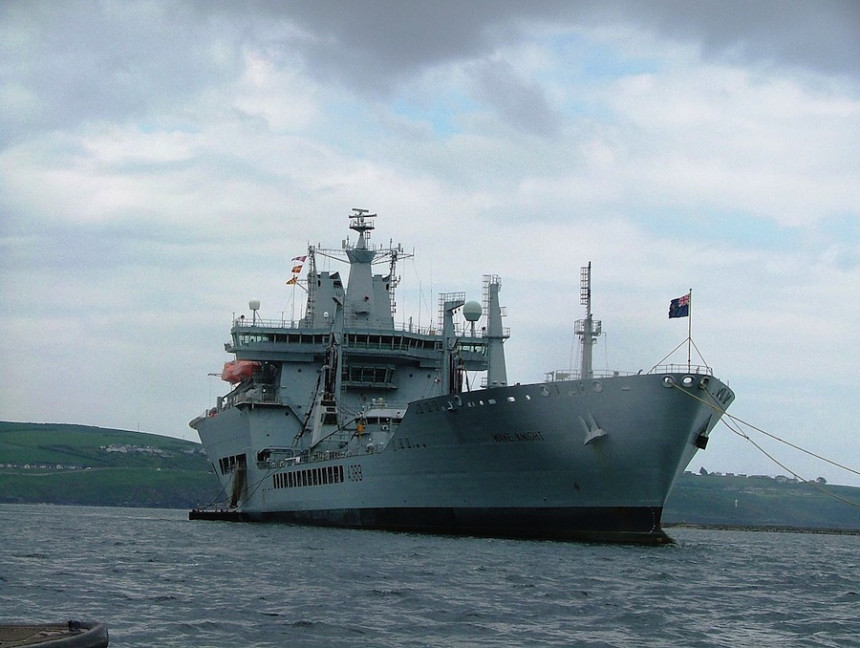
Three more UK naval and paramilitary vessels, namely the destroyer Duncan, the frigate Kent, and the armed, and helicopter -equipped, fleet replenishment tanker Wave Knight, have been earmarked to bolster the RN presence, but it will be several days before the first of these assets can reach theatre.
The incident served to highlight the complex nature of contemporary maritime security issues.
Prior to the seizing of Stena Impero, Washington, determined to maintain freedom of navigation in the region, had been trying to form up a naval coalition of the willing to deter IRGCN harassment of merchant vessels in and around the Straits of Hormuz. Complicating factors include legal considerations, the reluctance of many national electorates to support potential hostilities with Iran, and declining numbers of front-line European warships.
Furthermore, with the ever-increasing availability of diverse energy sources, relatively little of the oil which is shipped through the region is destined for the USA or Europe, rather, much of it is destined for Asia. This has led to diminishing enthusiasm among some western governments to commit to Middle East security operations, and to some influential players querying why Asian, and Middle East, navies should not share the burden.
That said, very recent reports indicate that the USA might now be making progress towards establishing a multinational operation to provide a rapid response to future IRGCN threats. This operation, reportedly, might include the embarkation of heavily armed teams of marines to provide protection to entitled vessels. Analysts believe further seizures of vessels by Iranian forces in the immediate future to be unlikely, but regional tensions seem certain to continue to rise.


